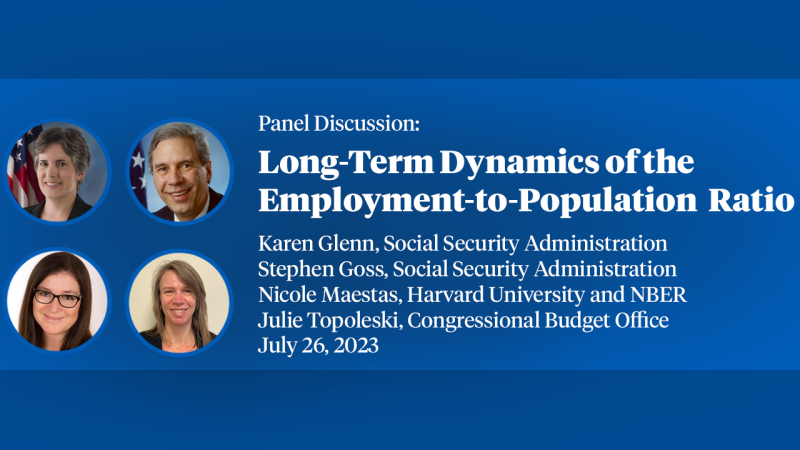Mentoring Reduces Turnover Among Teachers in New York City
When standardized test scores in grades 4 through 8 were used as a measure of student achievement, and after controlling for student demographics, the hours of mentoring provided had positive effects on reading and math achievement.
Over one million new teachers in the United States were mentored between 1993 and 2003. The main goal of mentoring programs is to reduce turnover among new teachers. Yet in Does Mentoring Reduce Turnover and Improve Skills of New Employees? Evidence From Teachers in New York City (NBER Working Paper No.13868), NBER researcher Jonah Rockoff points out that little is known about "the magnitude of the benefits they [new teachers] have received or how the impact of mentoring varies across different types of programs."
To better understand this subject, Rockoff studies the $40 million mentoring program designed by New York City and the New Teacher Center at the University of California at Santa Cruz. The program was developed to satisfy a state law requiring that all teachers with less than a year of teaching experience receive a "mentored experience." Among the teachers participating in the New York City program, 97 percent continued teaching until the end of the school year, 90 percent returned the following year to teach somewhere in New York City schools, and 80 percent returned to teach at the same school. Mentors who had taught (and worked as a mentor) in a teacher's school raised that teacher's propensity to return to the same school the following year. Also, having a mentor who had previously taught in the same school reduced teacher absences by 0.6 days, slightly less than the 0.7-day reduction associated with giving new teachers common planning time with other teachers.
Teachers' ratings of mentors improved as their hours of mentoring increased and when the mentors and teachers were the same gender. On average, same-gender mentors received evaluations that were 0.13 standard deviations higher. However, experience in mentoring, teaching, or at the Department of Education had no observable effect on the ratings of mentors by teachers. And matching mentors' subject matter expertise with teachers' subject matter did not make a difference either.
Still, mentor characteristics that had little effect on teacher rankings were significantly related to student achievement in math and reading. When standardized test scores in grades 4 through 8 were used as a measure of student achievement, and after controlling for student demographics, the hours of mentoring provided had positive effects on reading and math achievement: test scores increased by 0.05 standard deviations in math and 0.04 standard deviations in reading. On the other hand, common teacher planning time had no effect on student achievement, and having a mentor with more Department of Education experience was negatively related to student achievement in both subjects.
-- Linda Gorman


